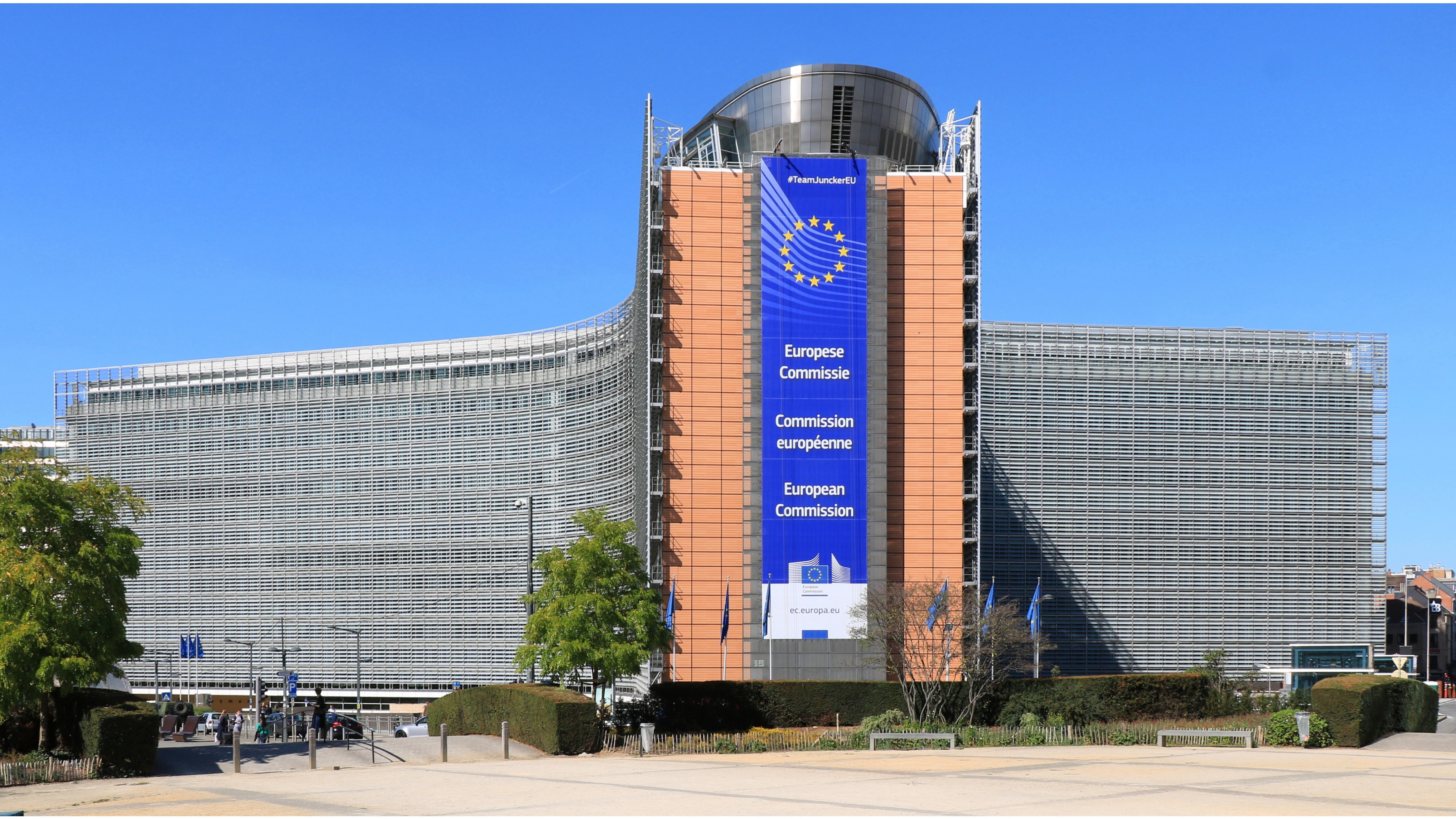Facebook, X and YouTube are among the tech giants that have agreed to step up their efforts to tackle online hate speech in Europe through an updated code of conduct.
The European Commission said that along with the European Digital Services Council it has integrated a revised voluntary code of conduct to counter illegal online hate speech’ into the Digital Services Act (DSA).
Signatories to the new code, called the Code of Conduct+, pledge to do a number of tasks, including implementing a network of ‘Monitoring Reporters’, which are public or non-profit entities with expertise in illegal hate speech, to regularly monitor how their platforms review hate speech.
The signatories also commit to do their best to review within 24 hours at least two-thirds of the hate speech reports received by the Monitoring Reporters.
According to EU officials, while the code is voluntary, it could play an important role in the wider system of enforcement.
The move comes after Meta funder Mark Zuckerberg announced earlier this month that starting in the US, the company will replace its fact-checking process with a community notes model similar to that of X.
At the time, Zuckerberg didn’t say whether he would roll out the new process in Europe.
The DSA, enacted by the European Union in 2022, aims to create a safer and more accountable online environment by regulating online intermediaries and platforms, such as social networks, marketplaces, and content-sharing platforms.
The main objectives of the regulation include preventing illegal and harmful online activities, ensuring greater control and choice for users, protecting minors online, and helping smaller platforms and start-ups to grow and compete fairly.
The voluntary code is inspired by the initial 2016 “Code of Conduct to Counter Illegal Hate Incitement”, with voluntary signatures including Dailymotion, Facebook, Instagram, Jeuxvideo.com, LinkedIn, Snapchat, Rakuten Viber, TikTok, Twitch, X and YouTube.
Code of Conduct+ seeks to improve the way online platforms deal with content that national and EU laws define as illegal hate speech. It seeks to facilitate compliance and enforcement of DSA objectives with a focus on the risks of spreading illegal content on their services.


/cdn.vox-cdn.com/uploads/chorus_asset/file/25531809/STK175_DONALD_TRUMP_CVIRGINIA_C.jpg)

/cdn.vox-cdn.com/uploads/chorus_asset/file/25840854/1208819003.jpg)
/cdn.vox-cdn.com/uploads/chorus_asset/file/25840970/videoframe_1799876.jpg)